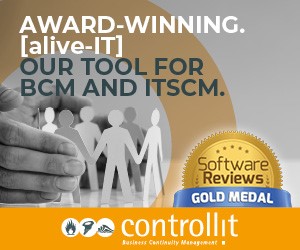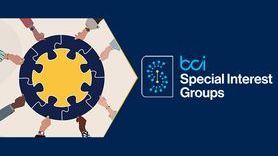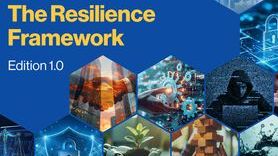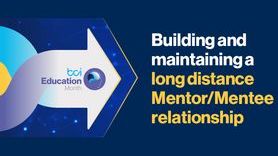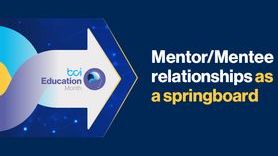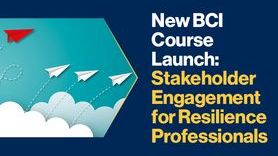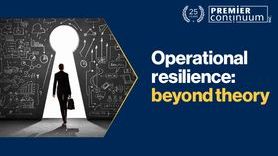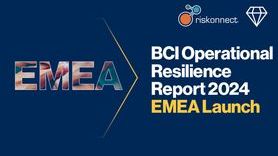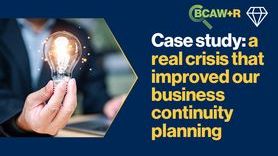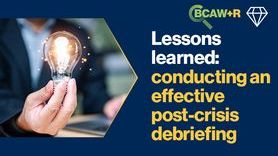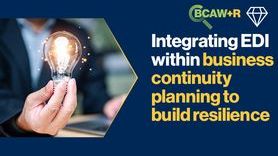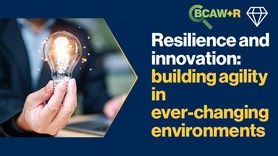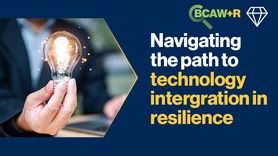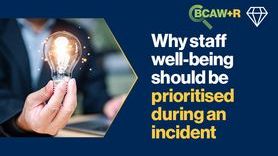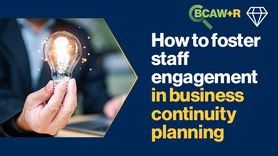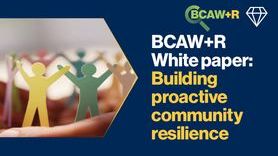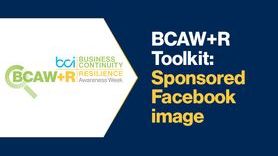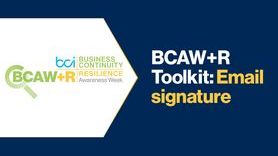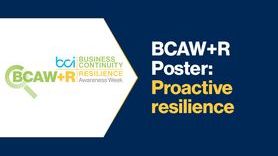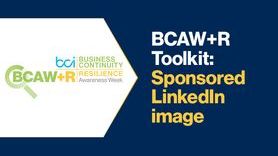Personal resilience - the missing link in your operational resilience framework
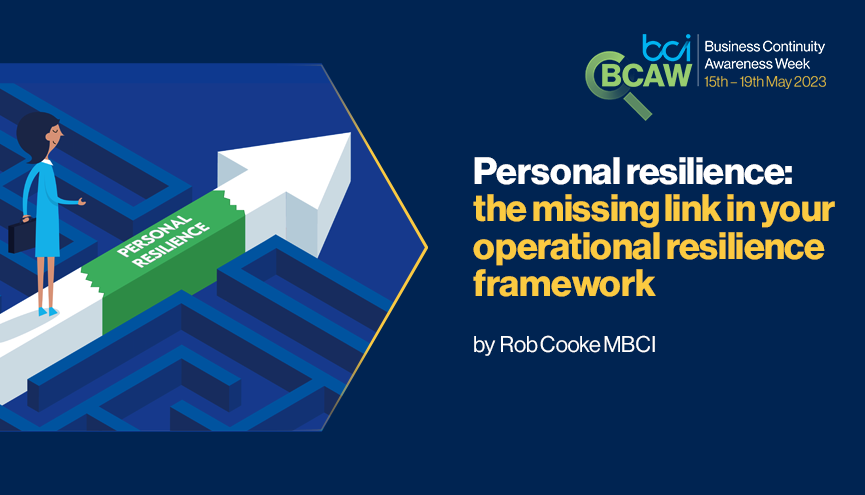
Picture this: your phone has just been stolen on a busy street. You immediately walk into a coffee shop and get on your laptop. You lock your phone remotely so the thief can’t access your data and you activate phone tracking software to see if you can locate it. You borrow a phone to notify the police.
After a couple of days, you accept that you’re probably not getting your phone back. Fortunately, you have insurance, so you can make a claim and buy a new phone. Once your new phone arrives, you can log back into your account and all your information is right there, having been backed up in the cloud just before your phone was stolen. In future, you’ll be careful to keep your phone in a zipped compartment or pocket when you’re in a crowded place.
This is an example of operational resilience in the real world: responding to, recovering from, and learning from disruptions in your day-to-day business.
Operational resilience (OR) in financial services
Operational disturbances in the workplace can vary in type and impact. It could be a faulty fire door in your office building, which causes some noise and inconvenience for half a day while it’s being fixed. It could also be a cyber-attack that causes you to lose all your customer data. It cuts across many different disciplines - business continuity, IT service continuity, crisis management, disaster recovery, cyber resilience and third-party risk.
The Financial Conduct Authority (FCA) describes operational resilience in financial services as the “ability of a firm, the financial market infrastructure, and the financial sector to foresee, adapt, and respond to an operational disturbance, as well as to recover from it and learn from it.”
Operational resilience for fintech firms and banks is crucial, as a failure to be resilient can result in the loss of businesses as well as consumers’ money. Recent changes to the UK finance regulations means companies must identify the business services they provide that are important to their customers, map the underlying processes, tools and resources that make these work, establish what kind of impact they can tolerate, and complete self-assessments to evidence the resilience embedded in these services as well as where they can be made more robust. By making resilience top of mind for your employees and treating it as part of company culture, as opposed to a series of discrete tasks to be ticked off, you put your company in a position to proactively manage operational disturbances. While companies prioritise resilience in business services, they mustn't overlook investments in the low-hanging fruit that is personal resilience.
What is personal resilience?
People are the most important resource any organization has. Nurturing their ability to adapt and respond to changing circumstances is integral to a successful operational resilience framework.
Personal resilience refers to the habits, attitudes, and activities that advance an individual's well-being and mental health.
It seems obvious that these things should be supported by an organization, but too often well-being packages and employee assistance programmes are limited, not well-advertised, and left to one team to manage, without much input or engagement from other parts of the business.
Supporting personal resilience
It is important to note that you can’t expect your business to be resilient at an operational level if your people aren’t resilient on a personal level. Building a culture that supports individual resilience, where everyone is incentivised to take care of themselves and look out for each other, will help you build a ready and more resilient organization.
Employees should be encouraged to manage their own time, workload, and working conditions. The ripple effect of this is a responsible workforce made up of people that do not shy away from taking ownership. But, even when enforcing strong accountability and an ownership culture, focus should also be placed on tackling problems as a team and not losing a sense of community.
Here are few ways you can infuse personal resilience into your company’s culture:
Flexible working
Life throws challenges at us and many of us have personal commitments that can't always be done outside of a 9-5 day — whether that’s kids, sick or older relatives, pets, community obligations, or something else. Some of us are living with disabilities and health conditions that hinder us from performing optimally at certain times of the day. For others, we are bad at taking time for ourselves and insist on working when we’re sick or exhausted, and we don’t take time to “switch on” for the day or “power down” in the evening. People are the experts on how to manage their own time, therefore a fully flexible work policy, based on trust and autonomy, will maximise outcomes for most employers. Incentives like a flexible work policy, unlimited sick days, and comprehensive employee health plans will encourage employees to make their own schedules around their optimal output times and take breaks when they need it.
A remote-friendly culture
Working from an office doesn’t suit everyone and hiring only people that can commute to a physical office significantly reduces the pool of candidates and depth of talent you can find. The right person for a role may live in another city, county or even country. Hiring and working remotely gives companies the opportunity to draw in the very best talent. Not requiring employees to relocate for work contributes to the stability they need to thrive.
Relationship building
Regular status updates on Slack (or other internal channels) will help you manage and plan around situations that employees might face. Team activities that foster communication and help to build a work environment that encourages information sharing — a key tool in building sustainability in any organization — should also be encouraged.
Remote companies should also encourage random meetings where a colleague spends some time on a virtual call talking to another colleague that they don’t work with on a daily basis. This helps to foster a culture of psychological safety and personal connection, and to strengthen informal communication networks and knowledge sharing.
Support when things go wrong
Companies should extend deadlines and offer time-off when employees are impacted by world events like earthquakes, conflicts, protests, and even communicable diseases. Providing support such as temporary accommodation and short-term loans will go a long way in situations where employees find themselves affected by acts of god, e.g. flooding.
In conclusion: personally resilient employees make for more operationally resilient companies. Your operational resilience framework is only as good as the personal resilience of the employees who are expected to foresee, adapt and respond to operational disturbances. If personal resilience is supported, people burn out less, achieve more and stay longer.
Get involved in BCAW 2023 - Follow the link below:


